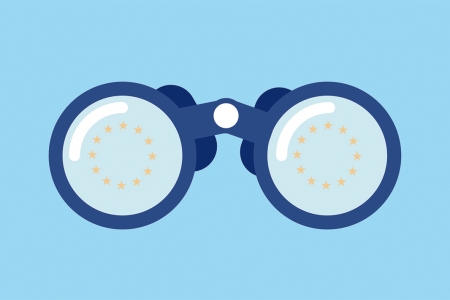You are here
A new industrial strategy for the EU
Industry is a vital sector for the European economy. The EU needs a comprehensive industrial strategy in order to improve the global competitiveness of the region. In light of the ongoing COVID-19 crisis, automatisation of processes, the changing context of the job market and the growing importance of environmental concerns, as well as the uncertain geopolitical outlook, AmCham EU outlines four priorities for a new EU industrial strategy. These priorities include digitising European industry: fostering innovation in people, technologies and processes; creating the right environment for a clean future; accelerating the EU circular economy; reinforcing the rules-based trading system and reinvigorating the transatlantic partnership.

AmCham EU believes that a joined-up strategy for industry that cuts across sectors - from digital and skills, to employment, environment, energy and trade - will help the EU bounce back from a devastating economic recession and ensure Europe’s global competitiveness, protect the jobs associated with the sector, as we step into a new, greener and more digital era of industry. Our recommendations for an effective European industrial strategy address current challenges faced by industry and plot a future course to a more resilient, competitive and prosperous industry for tomorrow.
We look forward to being a part of the dialogue and this year's EU Industry Days to see how companies can continue to support the industrial transformation in the EU. Read our full position paper here.
Each of these priorities comes with a set of recommendations for EU policy-makers to take forward.
Digitising industry:
- Avoid overregulation of business-to-business application of new technologies;
- Unlock data-availability to harness the power of data-sharing;
- Turn AI ethics guidelines into implementable business actions; and
- Anticipate the workforce transition and work on re-skilling and upskilling programmes.
Clean Future:
- Greater regulatory certainty to attract investments;
- Regulatory change to incentivise greener business practices.
Circular Economy:
- Update of EU and national policy initiatives to encourage effective recycling practices;
- Consistency of application throughout all EU Member States on reuse and recycling policy.
Trading System:
- Act to protect the multilateral trade regime;
- Work ever more closely with like-minded partners to set the rules of the game; and
- Defend the integrity of the Single Market through trade negotiations.
